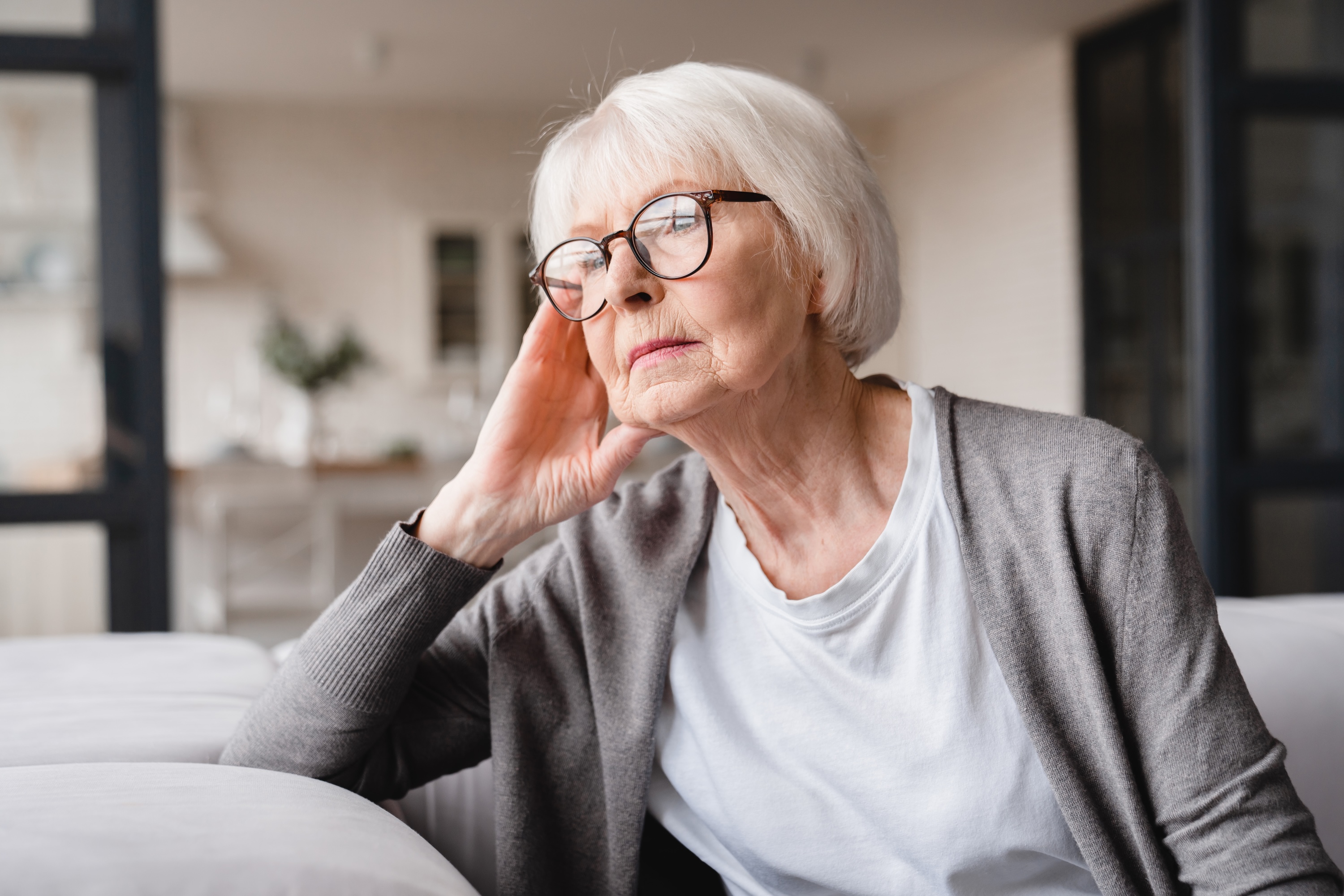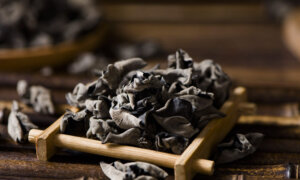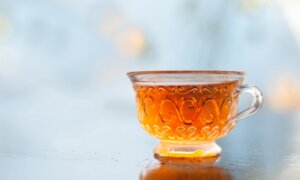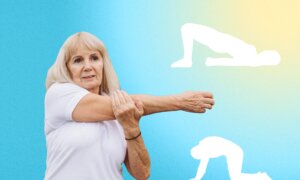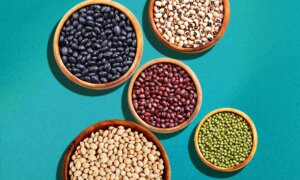How Excess Dampness Leads to Disease
Dampness can accumulate in various organ systems and tissues, including the respiratory, digestive, circulatory, nervous, and endocrine systems, as well as the skin and hair, Shu said. As a result, it increases the risk of numerous health conditions.
- Visible phlegm: includes substances that can be seen, such as mucus coughed up from the lungs, nasal discharge, or pus from infected wounds.
- Invisible phlegm: an internal buildup of phlegm that is not physically visible but is believed in TCM to contribute to various health conditions. These conditions include obesity, high blood lipids, high blood sugar, high cholesterol, joint swelling, cervicitis, urinary tract infections, nephritis, pneumonia, and pancreatitis.
If phlegm continues to build up in one area of the body over time, more substances may accumulate, potentially leading to cysts, tumors, or even cancer, Shu said.
Signs of Excess Dampness
Traditional Chinese medicine identifies five symptoms of excess dampness.
1. Fatigue, Sluggishness, and Lack of Motivation
People experiencing these symptoms may not be lazy or unwilling to move—they could be showing signs of spleen deficiency, Shu said. In TCM, the spleen is seen as more than an anatomical organ. It’s a broader concept encompassing the body’s digestive system and its functions, including the processing and transportation of nutrients and fluids. A weak spleen disrupts fluid metabolism, causing excess dampness to build up in the body.
2. Obesity
Excess dampness in the body contributes to fat accumulation. People with spleen deficiency often struggle with weight loss because they tend to crave rich, heavy foods like grilled meats and fried foods over light, easily digestible meals. Unfortunately, these unhealthy dietary choices further weaken the spleen and increase dampness, creating a vicious cycle.
3. Lipomas and Fatty Liver
Shu once treated a male patient who had already developed fatty liver disease. Since childhood, he had eaten large amounts of meat and heavily seasoned foods while avoiding vegetables and fruits. In addition to fatty liver, he also suffered from asthma and eczema—conditions that TCM associates with excess dampness in the body.
4. Uterine Fibroids and Ovarian Cysts
Shu stated that women who frequently eat large amounts of meat and cold beverages may experience stagnation of qi and blood in the uterus. The combination of dampness and blood stasis increases the risk of developing fibroids and cysts.
5. Imbalance of Heat and Cold
Some people experience an uneven distribution of heat and cold within their bodies—for example, feeling warm in the upper body but cold in the lower body or feeling cold internally while the skin feels warm on the outside. According to TCM, these sensations often stem from excessive dampness and spleen deficiency.
Causes of Excess Dampness
The causes of dampness, according to Shu, can be categorized into two types.
Internal Factors
Certain bodily conditions increase susceptibility to dampness. For example, some people are born with a weak spleen and stomach, which can lead to poor digestion and frequent bloating or diarrhea after eating.
External Factors
Exposure to cold can weaken the spleen and stomach. For instance, some people habitually sleep without covering their abdomen or wear clothing that exposes their midsection, making them more vulnerable to cold.
Key Strategies for Addressing Dampness
Winter is a peak season for respiratory illnesses, many of which are linked to internal dampness and phlegm. Dampness in the body can be classified into two types, each presenting distinct symptoms.
1. Cold-Dampness
Cold-dampness affects the respiratory system in stages, first entering through the nose, then moving to the trachea, and eventually reaching the lungs, Shu noted. In the early stages, symptoms may include a runny nose with clear mucus or a cough that produces clear phlegm.
2. Damp-Heat
Over time, cold-dampness can transform into damp-heat due to the body’s natural warmth and factors like inadequate water intake or a lack of vegetables in the diet.
Ways to Eliminate Excess Dampness
Dr. Jingduan Yang, CEO of Northern Medical Center in New York, stated that for individuals with excess dampness, the primary approach in TCM is to regulate spleen and stomach function. The spleen and stomach play a crucial role in digestion and fluid metabolism, so maintaining their health is essential for eliminating excess dampness.
